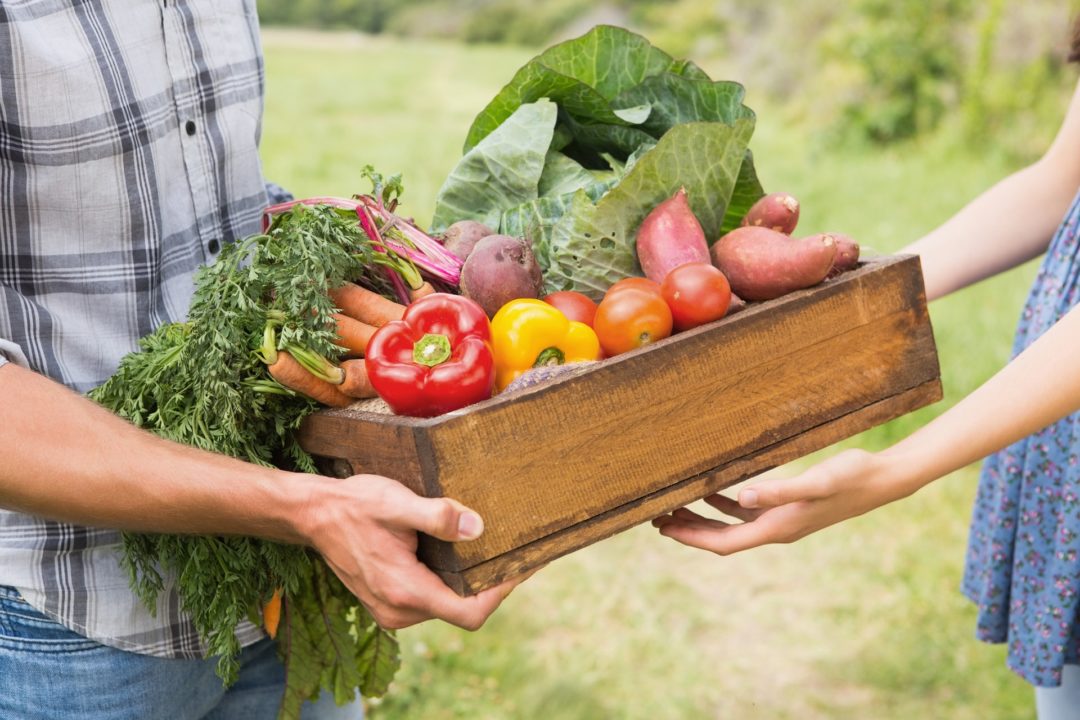
Organic Produce Tops US Organic Shoppers Grocery Lists

In addition, 57% of American consumers say they are purchasing the same amount of organic foods as in 2016. However for 34% of consumers a preference for organic options has caused them to buy more organic foods in 2017 than they did just one year ago.
According to Mintel’s research, price and authenticity are the reason for purchase deterrents. In fact, 62% of consumers say they would purchase much more organic foods if it were less expensive. If organic foods were proven to be healthier, stayed fresher longer and had more options from major brands, American consumers suggested they would also be more motivated to purchase.
“The fact that consumers are more likely to seek organic fresh produce items not only speaks to the lack of organic options in certain segments, but also to the notion that organic claims simply resonate in some categories more so than in others. Our research shows that organic brands appeal to younger consumers, but there is significant effort required to persuade older generations of the value of organic or natural claims. This indicates that if organic brands can reassure consumers that organic foods are indeed living up to their claims, whether through on-pack messaging or marketing campaigns, it could be a boon to the category,” said Billy Roberts, senior food and drink analyst at Mintel, in a press release.
American consumers are also highly skeptical of organic claims, with 26% of saying they trust organic food labels and only 13% agreeing that organic foods are highly regulated. For many, brand names also outweigh an organic label.
Overall, Mintel’s research showed a rise from 28% to 48% in consumers who say they feel better about themselves when buying organic food, and a rise from 28% to 49% in consumers who bought natural/organic products because they know the products are better for them.
“While consumers overall may be unaware of organic's traits or the precise benefits of eating organically," Roberts added, "the products do enjoy a positive reputation and generally appear to make consumers feel good about their purchase, even if it comes at a higher cost. More affordable organic options would do well with consumers and more private-label options are emerging that could help push prices down. While consumers pay attention to brand names, in their eyes, there is little difference between national brand and store-brand organic options. As such, a considerable price difference could compel consumers to turn away from national brands in favor of a comparable option with an organic claim.”
Posted on WholeFoods Magazine Online, 8/16/2017

The editorial team at WholeFoods Magazine has decades of experiences reporting on natural products industry news, trends, and more. This national, monthly business-to-business magazine has been published continuously for nearly 40 years (the magazine was founded in 1977, and has been owned by Wainer Finest Communications since 1984). It is the longest-tenured media outlet of its kind in the natural products industry. The editorial focus at WholeFoods Magazine is, and always has been, on informing and educating members of the natural products industry.
The Magazine
Information
About Us
NOTE: WholeFoods Magazine is a business-to-business publication. Information on this site should not be considered medical advice or a way to diagnose or treat any disease or illness. Always seek the advice of a medical professional before making lifestyle changes, including taking a dietary supplement. The opinions expressed by contributors and experts quoted in articles are not necessarily those of the publisher or editors of WholeFoods.







